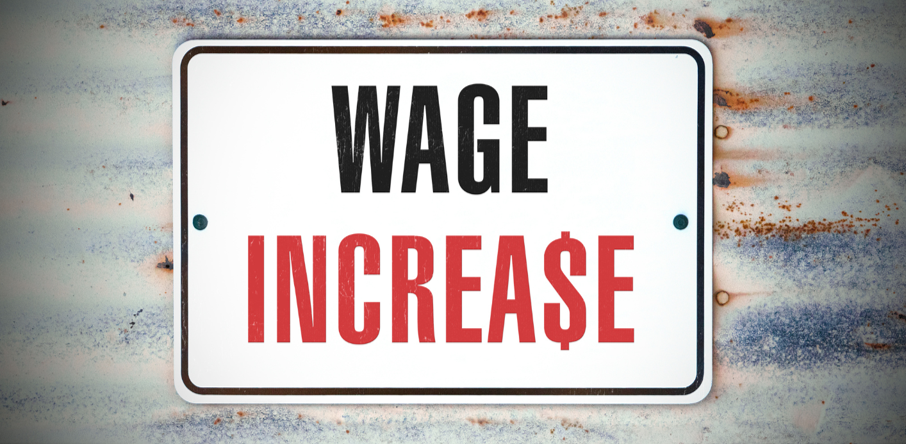
The National Minimum Wage, 8.5% increase!

The National Minimum Wage, 8.5% increase!
The National Minimum Wage, 8.5% increase!
The National Minimum Wage (NMW) in South Africa is set to increase by 8.5% from 1 March 2024, following the announcement by the Minister of Employment and Labour, Thulas Nxesi. The NMW, which came into effect in 2019, is a legal requirement which aims to prevent exploitation by setting a floor below which no employee should be paid.
The new NMW rates for each ordinary hour worked is R27.58, up from R25.42.
The increase was based on the recommendation of the NMW Commission, which considered various factors, such as inflation, the cost of living, wage levels, productivity, and the like. The Minister adopted the view of eight of the 12 Commissioners, who proposed an increase of CPI plus 3%, based on the CPI of 5.5% in November 2023.
The NMW affects the earnings of more than six million workers in South Africa, who constitute about 47% of the total workforce. According to the Department of Employment and Labour, the NMW has had a positive impact on narrowing the vertical wage gap, especially for the lowest-paid workers. The NMW has also contributed to reducing poverty and inequality, and improving the living standards of millions of households.
However, the NMW also has some potential drawbacks, such as the possible negative impact on employment of domestic workers.
Another challenge facing the implementation of the NMW is the compliance and enforcement by employers. According to the Commission for Conciliation, Mediation and Arbitration (CCMA), there were 7,916 cases of NMW disputes in the 2019/2020 financial year, of which 6,163 were referred for arbitration. The CCMA also reported that some employers tried to circumvent the NMW by reducing the hours of work, changing the employment status, or dismissing workers.
An interesting judgement of the Labour Court in the Quantum Foods case, found that the NMW can be comprised of the basic wage plus benefits, such as contractual bonuses and employer contributions to funds. This means that employers can offset some of the NMW costs by including other components of remuneration in the calculation.













































































